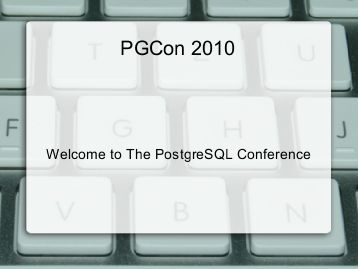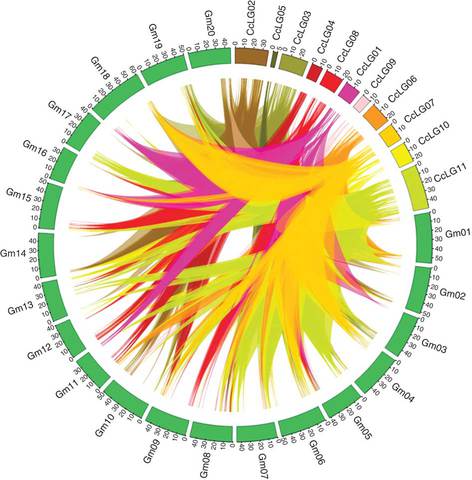There’s currently a thread on hackers about bg worker: overview and a series of 6 patches. Thanks a lot Markus! This is all about generalizing a concept already in use in the autovacuum process, where you have an independent subsystem that require having an autonomous daemon running and able to start its own workers.
I’ve been advocating about generalizing this concept for awhile already, in order to have postmaster able to communicate to subsystems when to shut down and start and reload, etc.


